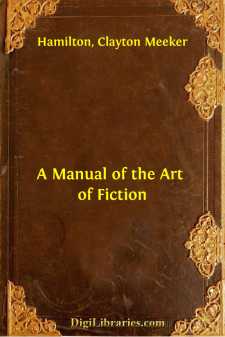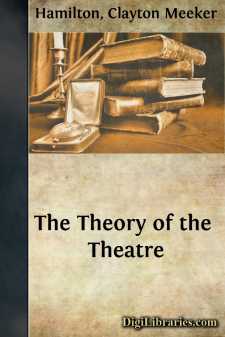Categories
- Antiques & Collectibles 13
- Architecture 36
- Art 48
- Bibles 22
- Biography & Autobiography 813
- Body, Mind & Spirit 142
- Business & Economics 28
- Children's Books 14
- Children's Fiction 11
- Computers 4
- Cooking 94
- Crafts & Hobbies 4
- Drama 346
- Education 46
- Family & Relationships 57
- Fiction 11829
- Games 19
- Gardening 17
- Health & Fitness 34
- History 1377
- House & Home 1
- Humor 147
- Juvenile Fiction 1873
- Juvenile Nonfiction 202
- Language Arts & Disciplines 88
- Law 16
- Literary Collections 686
- Literary Criticism 179
- Mathematics 13
- Medical 41
- Music 40
- Nature 179
- Non-Classifiable 1768
- Performing Arts 7
- Periodicals 1453
- Philosophy 64
- Photography 2
- Poetry 896
- Political Science 203
- Psychology 42
- Reference 154
- Religion 513
- Science 126
- Self-Help 84
- Social Science 81
- Sports & Recreation 34
- Study Aids 3
- Technology & Engineering 59
- Transportation 23
- Travel 463
- True Crime 29
Clayton Meeker Hamilton
Clayton Meeker Hamilton (1881–1946) was an American drama critic, lecturer, and writer known for his influential works on theatre and dramatic theory. He wrote several books, including "The Theory of the Theatre" (1910) and "Studies in Stagecraft" (1914), which helped shape modern theatrical criticism. Hamilton was also a lecturer at Columbia University and the University of Pennsylvania, where he shared his deep knowledge of drama. His writings offered valuable insights into both the practical and theoretical aspects of stage performance, making him a respected figure in the world of American theatre.
Author's Books:
Sort by:
INTRODUCTION In our time, in these early years of the twentieth century, the novel is the prosperous parvenu of literature, and only a few of those who acknowledge its vogue and who laud its success take the trouble to recall its humble beginnings and the miseries of its youth. But like other parvenus it is still a little uncertain of its position in the society in which it moves. It is a newcomer in...
more...
INTRODUCTION I In our time, in these early years of the twentieth century, the novel is the prosperous parvenu of literature, and only a few of those who acknowledge its vogue and who laud its success take the trouble to recall its humble beginnings and the miseries of its youth. But like other parvenus it is still a little uncertain of its position in the society in which it moves. It is a newcomer in...
more...
I WHAT IS A PLAY? A play is a story devised to be presented by actors on a stage before an audience. This plain statement of fact affords an exceedingly simple definition of the drama,—a definition so simple indeed as to seem at the first glance easily obvious and therefore scarcely worthy of expression. But if we examine the statement thoroughly, phrase by phrase, we shall see that it sums up...
more...




